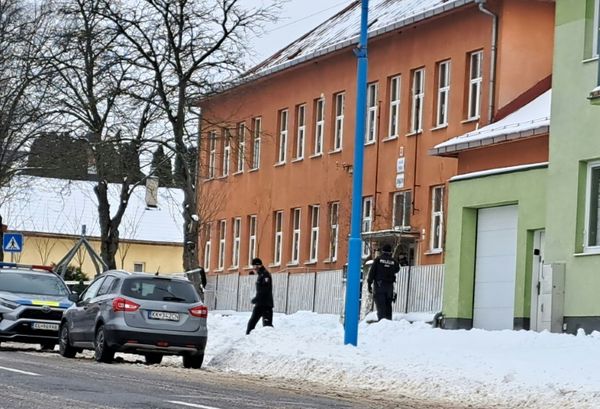MAPLEWOOD, Mo. _ On a recent afternoon, Shana Poole-Jones set up her tables full of food in her yard, like she's done almost every day for more than a month.
"HELP YOURSELF," read handwritten signs attached to the three tables filled with everything from carrots and cucumbers to peanut butter and rice mixes on the lot near the corner of Bredell and Folk avenues in Maplewood.
A string of visitors, all affected in some way by the coronavirus pandemic, soon began to stop by. Construction workers who had their hours cut with slow-downs in work grabbed items. A woman who drove about 45 minutes, from Warrenton, collected food for a nurse she knows who has five kids and needs help. A maintenance man who is seeing less work amid the shutdown grabbed a few things, saying, "Food is tight. This will help."
Poole-Jones provided the offerings out of grief and a need to take action.
She has lost 10 loved ones to COVID-19: an aunt, an uncle, two first cousins, four close childhood friends and two godparents. All lived in her hometown of Albany, Georgia, a city of about 75,000 that has had one of the most intense outbreaks of the virus in the nation.
"It's a different type of hurt for me right now," Poole-Jones said, shortly after learning her partner's father in St. Louis also had died, from an unknown cause. "It's like blow after blow. I had to figure out a way to cope with all the emotions."
Poole-Jones came up with the idea for the food giveaway when she got a message from the Maplewood Richmond Heights School District saying it was suspending a meal drive for families after an employee reported a fever.
"I thought, 'People are going to go hungry from this,'" Poole-Jones said.
So she and her family went into her kitchen and pulled out enough food to fill a table with school lunches. She posted about the effort on a local Facebook page and more than 15 people stopped by.
"I thought, 'Wow, we need to keep doing this,'" Poole-Jones said.
Over the next few weeks, a single table grew to three. Poole-Jones got a donated tent to cover the tables from the sun, and neighbors began to contribute boxes of food.
Poole-Jones also began buying disinfectant wipes and personal care items and added toys, books and DVDs to the collection. Everything is taken almost every day, with about 25 families getting items, she said.
"I found they really do take just what they need," she said. "I have one older woman come and grab one meal off the table every day. Just enough for her."
Poole-Jones usually doesn't interact with the visitors but stays inside and keeps an eye on the tables via a security camera. She avoids close contact because she has health issues, including diabetes, that put her at high risk for complications from coronavirus. But she also likes that people can take what they want without having to speak with anyone.
"I want to be a blessing. I don't want anybody to feel like someone is looking over their shoulder," she said. "They don't have to fill paperwork out writing about why they're struggling. They don't have to wait in line. It's just, 'Here's food.' It's simple."
Poole-Jones does occasionally come out onto her porch to speak with regulars such as Jessica Hirzy, who stopped by recently with her young daughter, Lynaya Callahan.
"She already feels like family. Last week I dropped stuff off. This week we need it," said Hirzy, who gave a dramatic wave when Poole-Jones and her partner, Keyaira Stepps, stepped outside to chat.
Lynaya told Poole-Jones it was her seventh birthday. She had wanted to go to a trampoline park and get a pet hamster, but her mom said that couldn't happen this year with stay-at-home orders still in place.
Stepps went into the house and a few minutes later brought the birthday girl bags of snacks and toys to celebrate.
"Those are the moments that make this worth it," Poole-Jones said.
Poole-Jones this week had to pause setting up the tables for a few days while she traveled to Georgia and helped her family sort through the affairs of relatives who died from the virus.
"I set up the table before we left at 7 a.m.," she said by phone from Georgia. "I asked people to keep setting out some food if they can. But I just want to get back as soon as I can. I know people have started to rely on it and there is a need."
The tables, she said, have helped her cope with weeks of personal loss and fear.
"I realize that I'm a broken person and most of the people who come to the table are broken right now," she said. "But all the broken pieces come together and make a sort of community to survive this."







